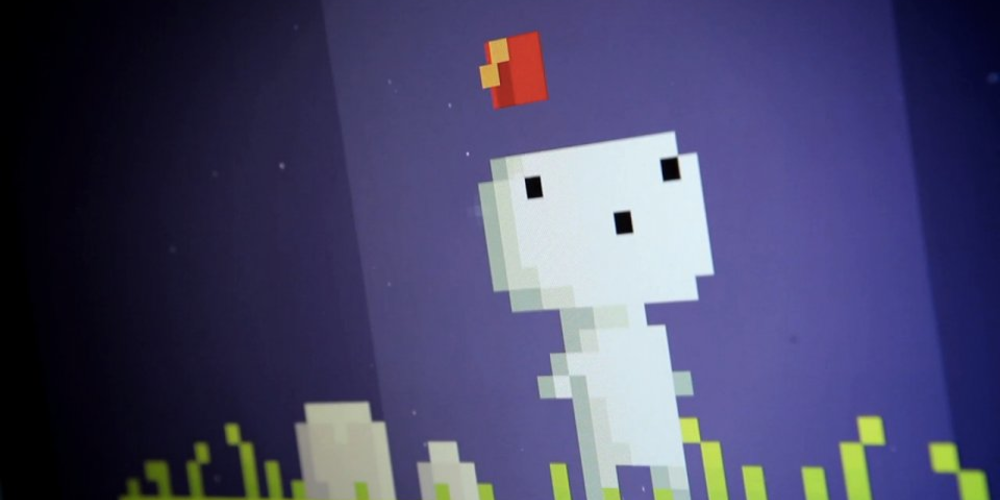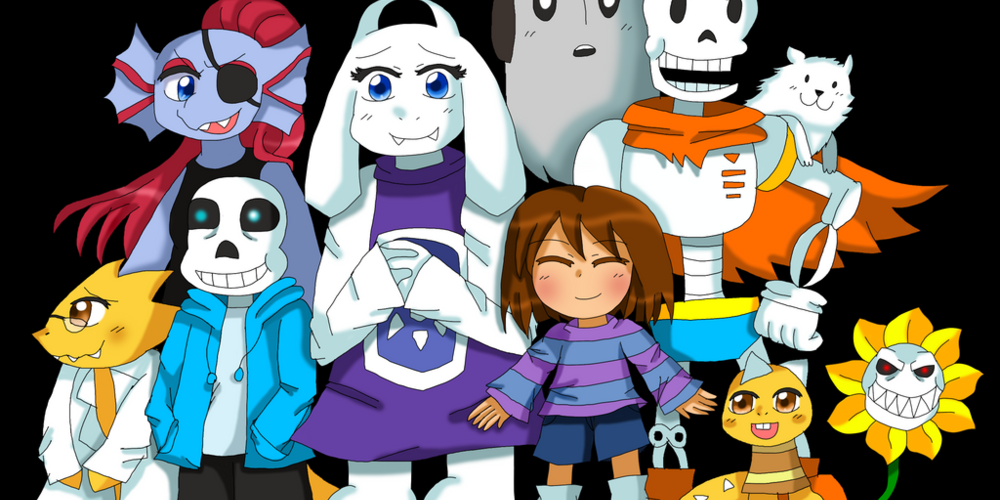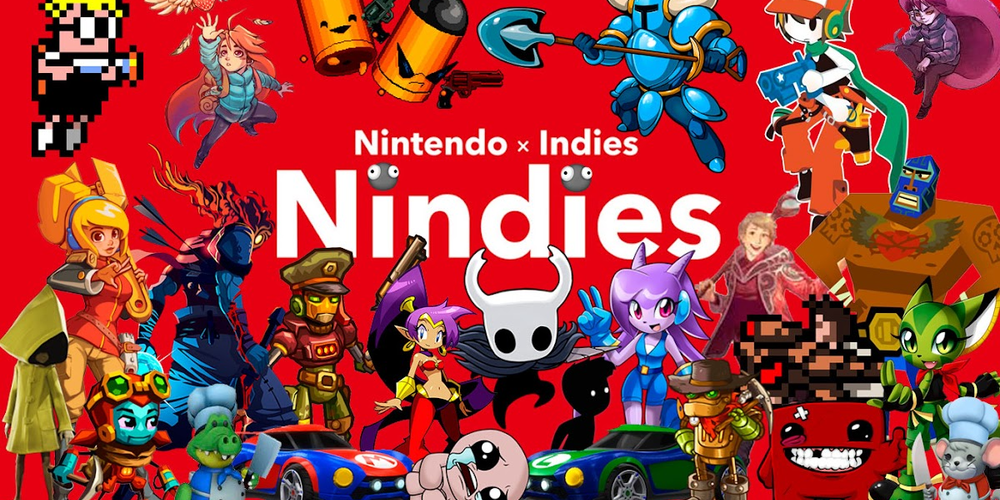Indie Games: Leading the Charge in Gaming Innovation
- 4511

Indie games have transformed from niche passion projects into significant industry influencers, altering the gaming landscape with their innovative designs, compelling narratives, and unique gameplay mechanics. Unlike their mainstream counterparts, indie games often thrive without the backing of large studios, offering fresh perspectives and creative freedom that have captivated a diverse audience. This article delves into the impact of indie games on the gaming industry, spotlighting success stories like "Hollow Knight" and "Undertale," and discusses the valuable lessons mainstream games can glean from these indie gems.
The Unconventional Charm of Indie Games

Indie games stand out by their readiness to explore and challenge the norms of traditional gaming. Titles such as "Hollow Knight" by Team Cherry and "Undertale" by Toby Fox have garnered critical acclaim and a passionate fanbase by leveraging unique art styles, innovative gameplay mechanics, and storytelling that resonates on a personal level. These games prove that with creativity and passion, developers can create immersive experiences that stand out in a crowded market, often with a fraction of the budget of their AAA counterparts.
Success Stories That Inspire
"Hollow Knight" and "Undertale" are prime examples of how indie games can achieve widespread success. "Hollow Knight" combines beautifully hand-drawn art with challenging gameplay and deep lore, creating a compelling world that players love to explore. Meanwhile, "Undertale" breaks the mold with its unique combat system that allows players to negotiate their way out of fights, coupled with a narrative that changes based on player choices, showcasing the vast narrative potential in games. These successes highlight the indie genre's ability to compete in the mainstream market, proving that innovative ideas and strong, engaging content can triumph over big-budget productions.
The Impact on the Gaming Industry

Indie games have undeniably influenced the broader gaming industry in several ways. They have introduced new genres and revived old ones, brought innovative gameplay mechanics to the forefront, and emphasized the importance of storytelling in creating a memorable gaming experience. Furthermore, the success of indie games has encouraged larger studios to take risks and explore new concepts, illustrating that the gaming community craves originality and diversity in their gaming experiences. The emergence of online distribution platforms such as Steam, itch.io, and the Nintendo eShop has significantly empowered indie game developers by offering a direct channel to a worldwide audience, eliminating the necessity for traditional physical distribution methods.
Lessons for Mainstream Games
Mainstream games can learn a great deal from the indie sector. One of the most critical lessons is the value of creative freedom and risk-taking. By stepping away from formulaic approaches and exploring new ideas, developers can create more engaging and memorable experiences for players. Additionally, indie games highlight the importance of tight, focused gameplay and narrative over sheer scope and scale. A well-crafted story and polished gameplay often trump expansive game worlds filled with repetitive content. Finally, indie games demonstrate the importance of community engagement. By involving players in the development process through early access releases, feedback loops, and active participation in forums, developers can build a loyal fanbase that feels connected to the game's success.
Conclusion: The Future is Indie

The rise of indie games marks a significant shift in the gaming industry, championing innovation, creativity, and personal storytelling. As the success of titles like "Hollow Knight" and "Undertale" demonstrates, there is a vast audience eager for games that offer something different from mainstream titles. This pattern is anticipated to persist as technology becomes more widely available and distribution channels advance, enabling a greater number of creators to broadcast their distinctive ideas globally. While the future of gaming is uncertain, one thing is clear: indie games will play a crucial role in shaping its trajectory, offering lessons for the entire industry on the value of innovation, community, and, most importantly, passion in game development.
